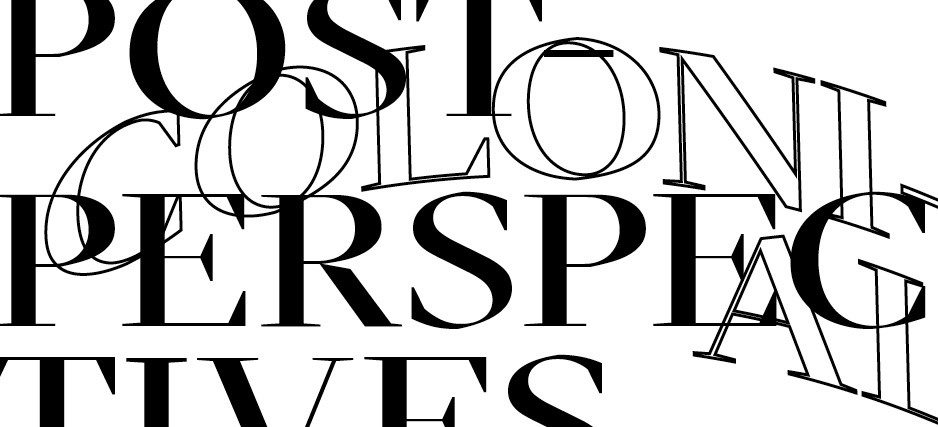The legacies of Colonialism are far-reaching and long lasting. Scholars and historians have noted that many of today’s conflicts are the direct result of colonialism; processes of decolonization did not end with the withdrawal of empires from occupied territories and the creation of new nation states.
The recent academic discipline of Postcolonial Studies has revealed the limits of the political “decolonization” process by highlighting the persistence or reproduction of Western systems of knowledge, which often marginalize the non-Western world. In particular, Postcolonial Studies has questioned the basic assumptions of modernity, including ideas of progress and development, while encouraging the search for non-Eurocentric, non-corporate and more social ethics.
Although calls to facilitate more South-South exchanges between previously colonized countries go back to the Konferensi Asia-Afrika (1955), there is still much that could be done. Facilitating dialogue in the cultural field between actors from different Global South contexts is essential for more intellectual and artistic cooperation. This applies especially to Southeast Asia where Postcolonial discourse seems to be less developed than in other regions.
The public forum “Postcolonial Perspectives from the Global South” brought together curators, sociologists and historians from South America, Africa, South Asia and Southeast Asia. They explored the various trajectories of modernity as understood and experienced from a range of philosophical, cultural, and historical perspectives. The presentations not only examined Eurocentric claims of universality but also looked in-depth at perspectives that focus on global particularism and cultural relativism.
